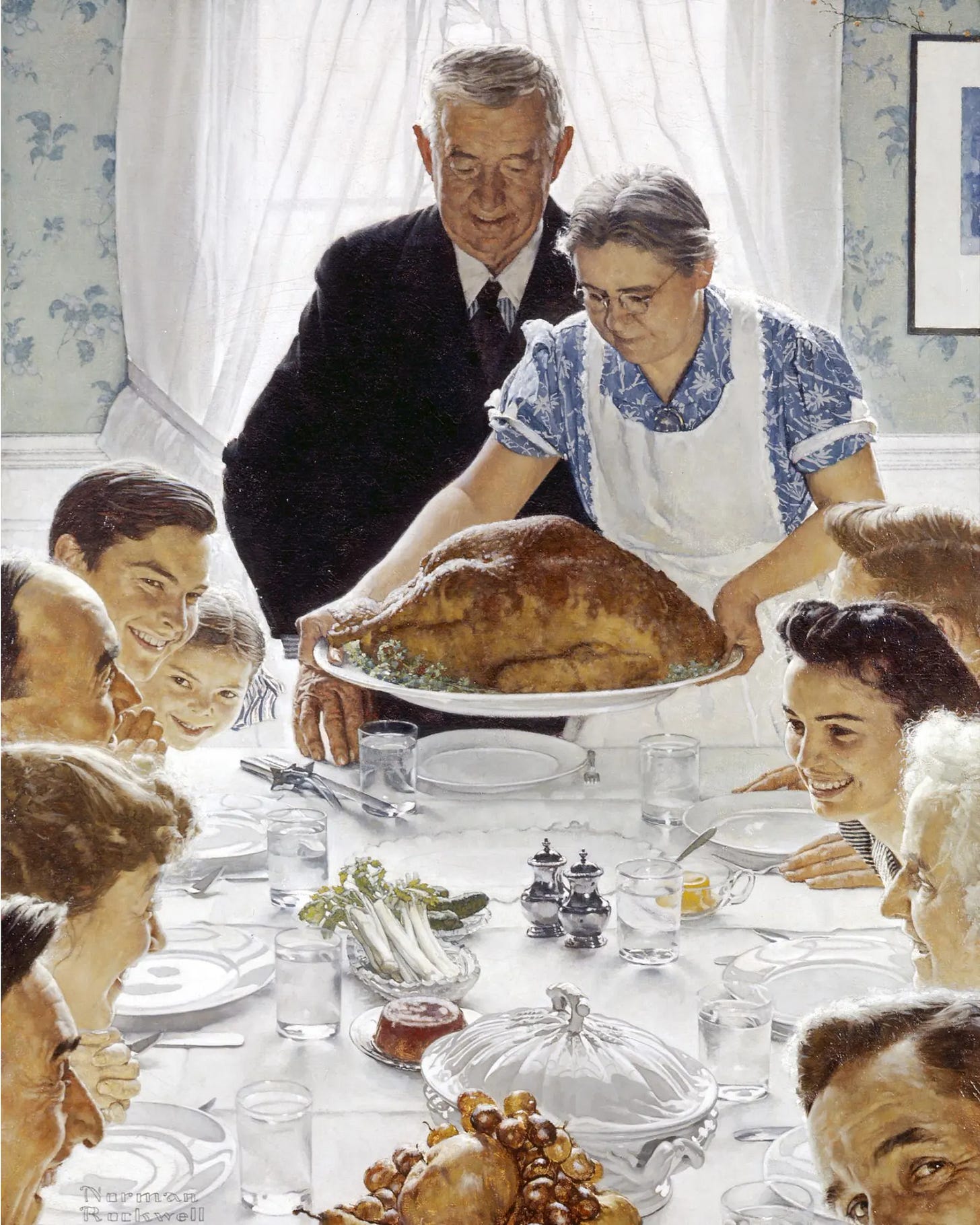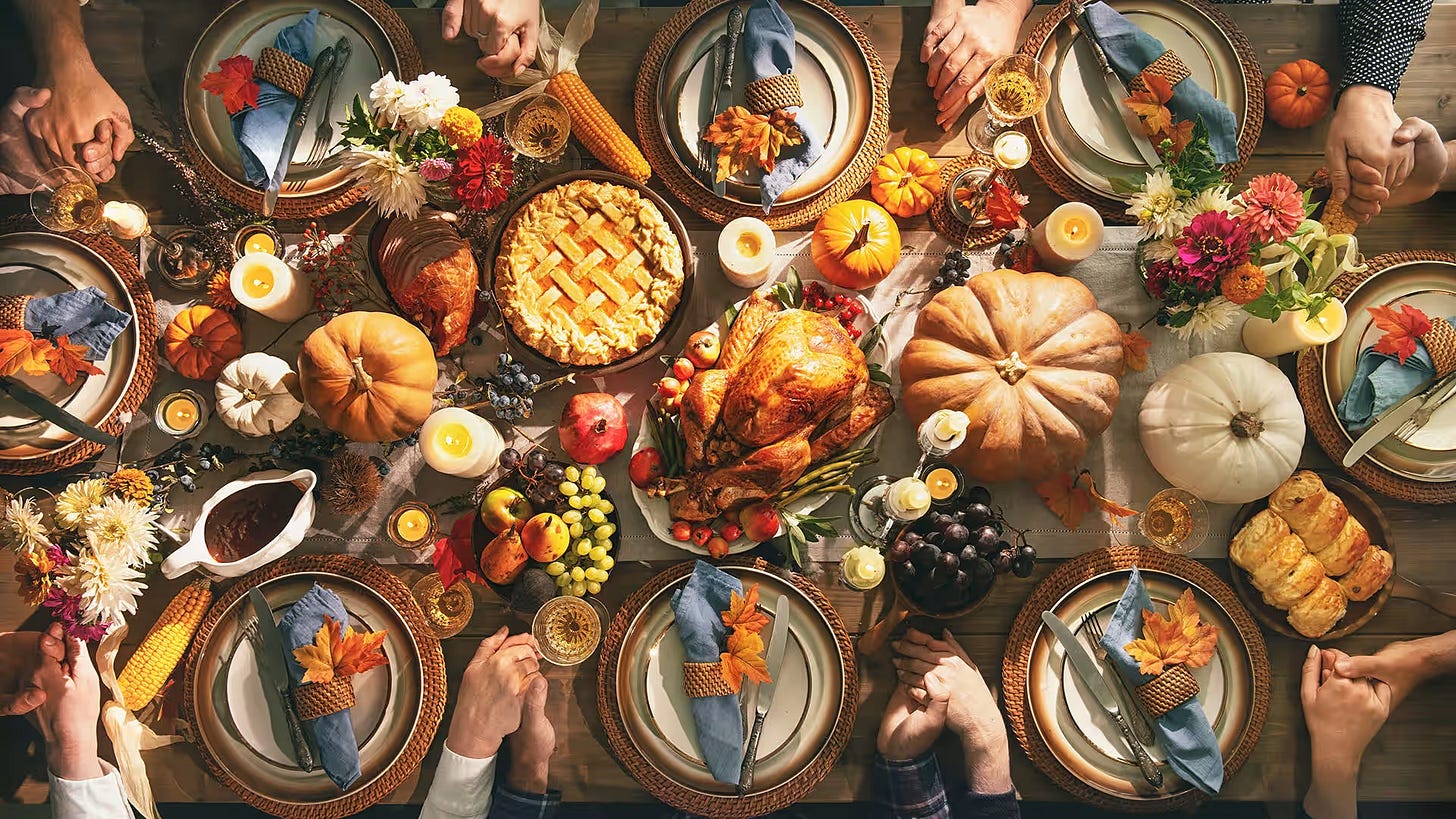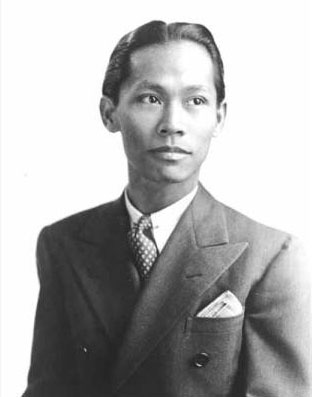Friends,
In 1943, The Saturday Evening Post put on its cover Norman Rockwell’s painting “Freedom from Want,” reproduced above.
It soon became an iconic symbol of Thanksgiving — albeit a white middle-class one. It was the third in a series of “Four Freedoms” paintings by Rockwell in response to the Four Freedoms FDR had set out in his 1941 State of the Union Address: freedom of speech, freedom of worship, freedom from want, and freedom from fear.
That same Saturday Evening Post published an accompanying essay by Filipino-American poet and activist Carlos Bulosan, also titled “Freedom from Want.” In it, Bulosan wrote of his life as an immigrant laborer and farmworker threatened by bigotry and authoritarianism, both in America and abroad.
Here’s an excerpt:
“We do not take democracy for granted. We feel it grow in our working together — many millions of us working toward a common purpose. If it took us several decades of sacrifices to arrive at this faith, it is because it took us that long to know what part of America is ours.
Our faith has been shaken many times, and now it is put to question. Our faith is a living thing, and it can be crippled or chained. It can be killed by denying us enough food or clothing, by blasting away our personalities and keeping us in constant fear. Unless we are properly prepared, the powers of darkness will have good reason to catch us unaware and trample our lives….
Although they spread lies about us, the way of life we cherish is not dead. The American Dream is only hidden away, and it will push its way up and grow again….
We also recognize the forces which have been trying to falsify American history — the forces which drive many Americans to a corner of compromise with those who would distort the ideals of men that died for freedom.”
Because he was an immigrant and a labor organizer, Bulosan was secretly monitored by the FBI. In the 1950s, during the McCarthy era, he was accused of being a communist and deemed a threat to the nation for his criticism of how American employers treated their workers. Censored and isolated, Bulosan died alone and impoverished in 1956, at the age of 44.
Today, many of us are fortunate enough to share a Thanksgiving dinner with our loved ones. Despite all the darkness around us — despite Trump and the hatefulness and fear he has sown — our loved ones and the community around us give us sustenance and strength.
But it’s important to remember those in America who now live in want and in fear. Millions of people in this nation — including a large number of children — are unhoused and hungry. Millions of immigrants to America are living in fear.
I very much hope that my daily missives give you sustenance and strength. I hope they help you see that you’re not alone — that your feelings of outrage, disorientation, and dismay are widely shared. And help you know that, together, we can and will end this cataclysm.
I am enormously grateful to you — for accepting these daily posts, for offering thoughtful comments about them, and for sharing them with others. Your support and encouragement give me strength.
I’m also thankful for your activism, and your refusal to give up hope in these dark days.
My very best wishes to you and yours on this Thanksgiving Day, 2025.
In respectful memory of Carlos Bulosan — poet, organizer, fighter for democracy.
This post has been syndicated from Robert Reich, where it was published under this address.



